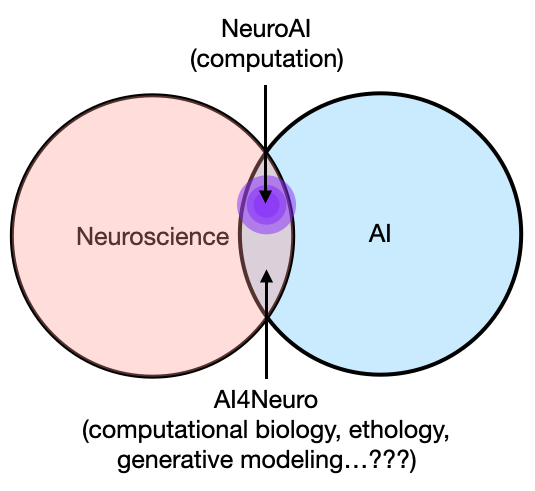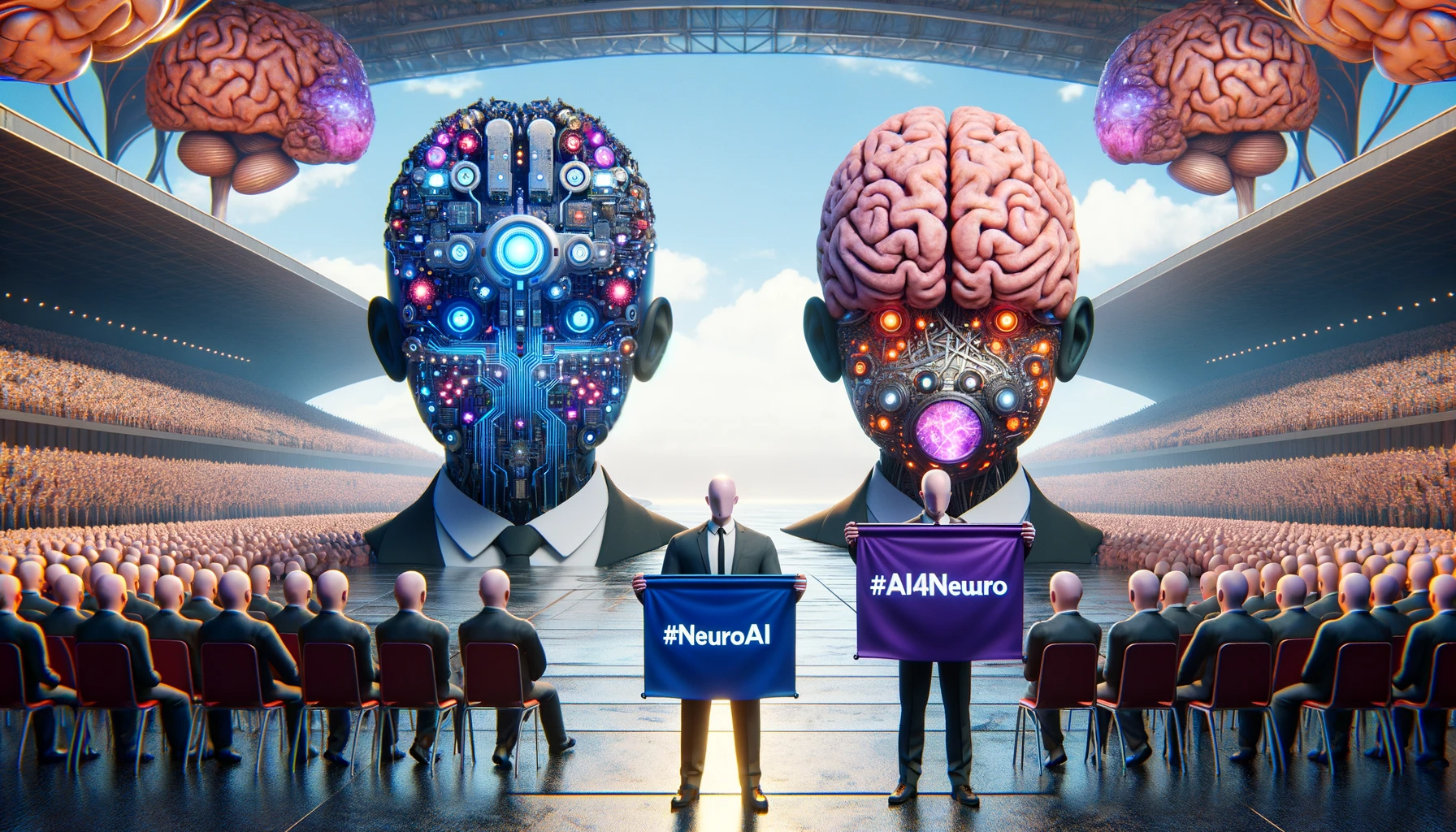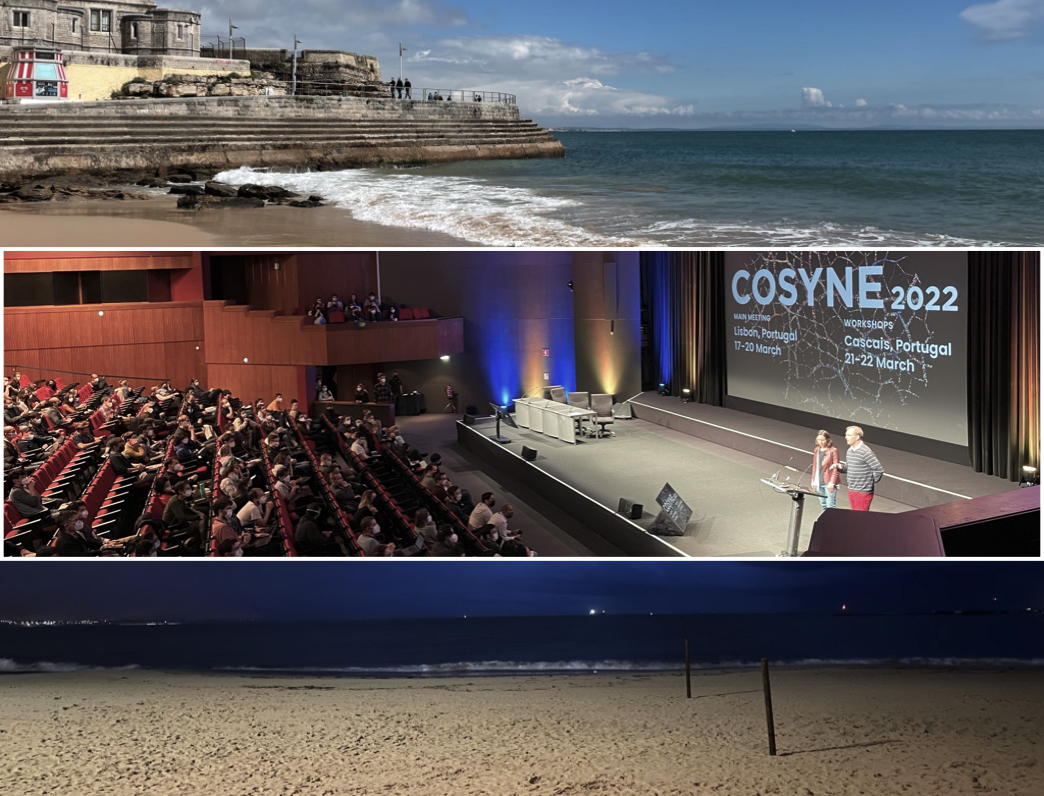“The brain is the most complex thing in the universe.”
If there was one quote that grinds my gears more than all else, it is this one. It is simply an idiotic thing to say: the brain is not the most complex thing in the universe; the universe, which contains billions and billions of brains small and big, is the most complex thing in the universe. Even the interaction between two brains, certainly, is more complex than the brain itself. So why is neuroscience, the scientific study of the brain, the hardest of all?
Let’s take, as two examples, quantum physics and astrophysics, fields that study the tiniest and the grandest objects in our universe. These are extremely difficult things to study, because to even observe the signals necessary to start answering the questions we’ve set forth, it takes some real human ingenuity and delicate engineering to construct devices that can give us reliable measurements we can then use to make inferences. Watch this really great video on LIGO and the detection of gravitational waves if you are not convinced, and coincidentally, it is a combination of both quantum physics and astrophysics (4:45 is the best part…why are they even wearing goggles?)
If that’s not the craziest thing I’ve heard of, which is literally at the physical boundary of the universe (as we understand today) on both the smallest and the largest scales, I don’t know what is. Maybe putting people on Mars? Maybe Elon Musk’s new brain hat? Which brings me to how much more difficult neuroscience is. Actually, it’s not just neuroscience, it’s all scientific efforts that try to study some aspect of the human mind, like psychology and cognitive science, but not, for example, neurobiology. And the reason I believe this is not because neuroscience is intrinsically hard - it most certainly pales in comparison to many branches of the physical and even social sciences.
What makes it hard, I think, is that it is incredibly difficult for a human to be objective when we study the brain and the mind: the phenomena we are interested in explaining are the ones that occur on a daily basis in our mundane lives, like paying attention to traffic, perceiving color, etc, and it is precisely these subjective experiences that we not only draw inspiration from, but also try to dissect as if they are objective things in the universe. I certainly don’t want to get into the debate of what is and what is not objectively real, a photon or consciousness, but I think we can agree that one is more objectively existing than the other, at least in terms of how we operationalize them scientifically. In fact, I think the more “dead” we think something is, the easier it is to study it objectively, which might explain the incredible disparity in our level of understanding of the brain compared to every other organ in our body. When we study the brain and the mind, confirmation bias does not only creep in at the objective scientific level, but the personal level as well. Yes, we can be diligent in checking results that confirm our hypotheses, but it is damn near impossible to be diligent in checking results that are consistent with our daily experiences and intuition. After all, if I’ve had these experiences, it must be the right, right?
Why is it so hard? I’m not sure, but if I were to venture a guess, I think it is rooted in our wish to preserve our own identities, livingness, and humanness. One of the things that makes us humans feel special is the belief that we are special: yes, dogs and cows and rats and dolphins all have brains, but we must be special in some way? And if we were to lose this feeling of specialness in the pursuit of an objective understanding of the brain and our humanness, we would paradoxically lose this humanness altogether. In fact, I believe it is crucial that we treat the human brain like we treat any other organism on this planet in order to properly study it, but that would create such an intense dissonance, because at the end of the day, when we’re done being neuroscientists, we’re back to being regular people - a friend, a spouse, a parent - all of which requires this special humanness to maintain, this special belief that we’re all the good guys at the end of the day.
I recently finished reading Paul Kalanithi’s When Breath Becomes Air, and his story contextualized our scientific effort in understanding the brain in a way that’s never explicitly occurred to me before - though I soon realized afterwards that it’s always been an implicit motivation for me, and perhaps for many others - and that is the search for meaning. I believed that we can ultimately objectively define the meaning of our existence by understanding the brain, the organ that presumably gives us this sense of meaning - our joys, pains, struggles, triumphs, and every other thing we feel - in the first place. Now that I consciously think about it, I don’t know whether this will ever happen: to objectively understand this sense of meaning, we may have to give up that there is any meaning in the first place, and simply describe our thoughts, movements, and interactions as physical quantities changing over time, like how we objectively describe ant colonies, economics, and a murmuration of birds.




